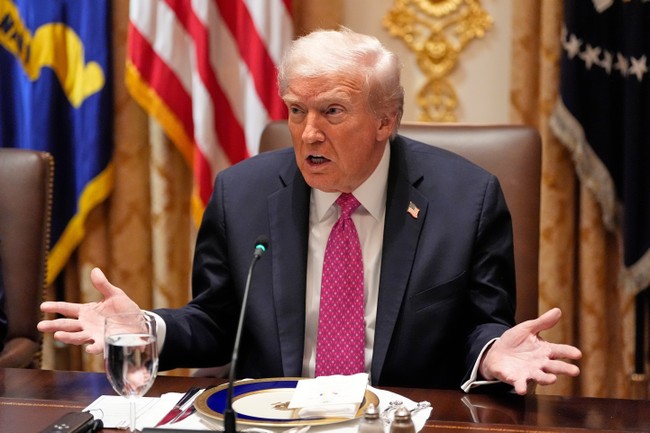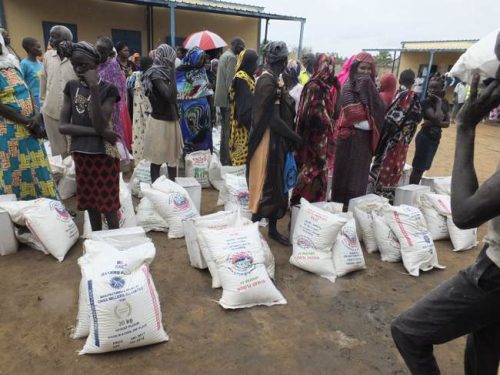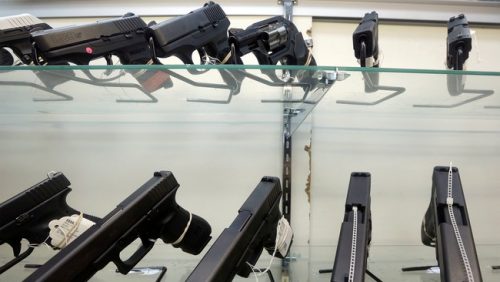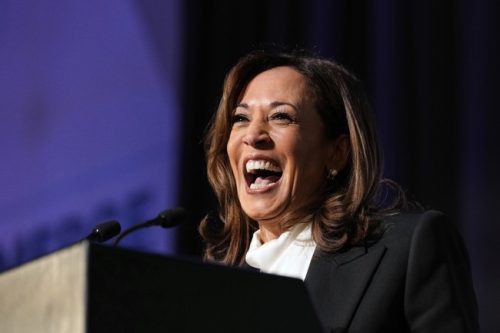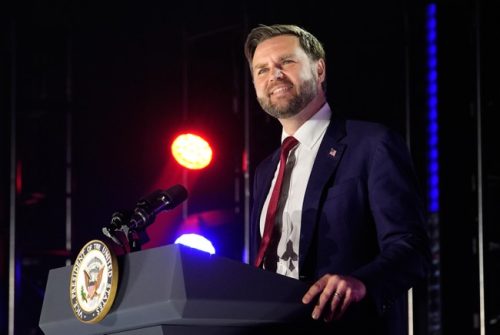President Trump unveiled plans to expand troop deployments to major U.S. cities as part of a push to restore order, touching off legal fights and sharp criticism from Democratic leaders. His remarks, made while addressing service members overseas, framed the use of military and National Guard assets as a straightforward response to crime and public insecurity. This piece lays out what he said, where deployments may start, and how Democrats and the courts are reacting.
Speaking in Japan, the president emphasized military strength and fiscal backing for security initiatives, noting recent budget moves as central to his approach. “We’ve just approved the biggest budget in the history—one over a trillion dollars,” he said, tying money to muscle and policy. That budget line is his way of signaling sustained support for both international deterrence and domestic enforcement.
Trump praised the Navy and the U.S.-Japan alliance as examples of effective force and partnership that keep Americans safe abroad. His remarks blended foreign policy boasting with promises about homeland security, a mix that his supporters say shows consistent priorities.
A central theme was restoring law and order inside American cities, which the president argued has been neglected by local leaders. He reminded listeners of past actions at the southern border, asserting leadership and decisive use of federal assets. “On my first day back in the White House, I deployed the men and women of the United States military to stop the invasion on our southern border,” he recalled, framing deployments as proven tools.
Portland, Ore. — A resident living near the ICE facility praises President Trump for deploying the military/federal agents to quash Antifa:
"I am so happy that President Trump is deploying the National Guard. We have been asking for help for months." pic.twitter.com/q2OKlBZuSx
— Katie Daviscourt 📸 (@KatieDaviscourt) September 28, 2025
Trump made clear he sees the National Guard and the military as interchangeable resources when public safety is on the line. “we’re sending in our National Guard and if we need more than the National Guard, we’ll send more than the National Guard because we’re gonna have safe cities,” he stated, promising escalation until results come. For Republicans, that is common-sense use of federal power when local officials fail to act.
He dismissed partisan objections as irrelevant to everyday people who just want secure streets and functioning communities. “People don’t care if we send in our military, if we send in our National Guarrd, if we send in Space Comman, they don’t care who the hell it is—they just want to be safe.” That blunt line is meant to cut through procedural debates and appeal directly to voters worried about crime.
Before laying out specifics, the administration signaled where operations will start and what to expect on the ground.
The president named Memphis as the first target, and he promised follow-ups in other hard-hit cities with direct language about outcomes. “We’re starting in Memphis, and Memphis was a disaster…and we’re gonna go into Chicago, we’re gonna go into our cities, we’re gonna clear them out, we’re gonna straighten them out and we’re gonna have safe cities,” he declared, promising aggressive action. That kind of rhetoric thrills his base and alarms defenders of strict limits on military use at home.
Trump also criticized Democratic governors for not offering cooperation, insisting federal action will move ahead regardless. “it doesn’t matter, really. We can do as we want to do, but it would be nice to have more help from some of the Democratic governors that don’t mind in Chicago.” His point was practical: he wants partners, but he will not be stopped by partisan resistance.
The White House noted a history of sending the National Guard or federal forces to Los Angeles, Washington, D.C., Chicago, Memphis, Portland and other cities, arguing those moves prevented worse outcomes. Democrats counter that crime has been falling and that federal intervention here amounts to overreach and political theater. The administration answers that federal resources are sometimes necessary to enforce laws and secure borders when local systems falter.
Those disagreements have already produced litigation, with Democratic officials suing to block deployments in some places and federal courts issuing mixed rulings. A federal appeals court recently affirmed presidential authority in at least one state, while judges elsewhere have delayed or halted operations, creating a patchwork legal landscape. Legal experts say the disputes could end up before the Supreme Court, where a final ruling would set nationwide limits or permissions.
Editor’s Note: The Schumer Shutdown is here. Rather than put the American people first, Chuck Schumer and the radical Democrats forced a government shutdown for healthcare for illegals. They own this.

